April 17, 2025 | 20:58 GMT +7
April 17, 2025 | 20:58 GMT +7
Hotline: 0913.378.918
April 17, 2025 | 20:58 GMT +7
Hotline: 0913.378.918
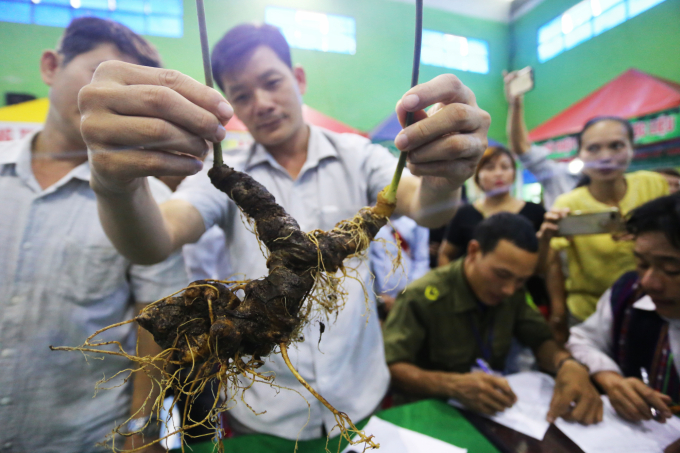
Many precious and rare medicinal herbs of Vietnam such as Ngoc Linh ginseng (pictured) have been sought after by Chinese businesses who are willing to purchase all at high prices. Photo: DT.
According to Nguyen Trong Bao, Director of Pan Nam Pharmaceutical Company (Hanoi), the pharmaceutical industry in Vietnam is basically divided into two segments - chemical and pharmaceutical enterprises and traditional medicine enterprises.
Currently, it is estimated that over 80% of raw materials for the chemical and traditional medicine industries are imported mainly from China.
The mindset of Vietnamese enterprises for pharmaceutical production is making cheap products and prioritising short-term profit goals, which have caused long-term difficulties for the domestic pharmaceutical industry for long-term.
In fact, Chinese medicinal herbs have a diverse quality. For example, goji berry is sold at 500,000 VND/kg right in China while some kind imported from China is being sold only at 200,000 VND/kg in Vietnam’s markets.
In fact, many cheap medicinal herbs imported from China have had its medicinal essence extracted and therefore they have been called "medicinal waste".
The technology of extracting medicinal herbs in China has been highly modernised and sophisticated. For example, in China, medicinal plants like safflower or ginseng still remain their original shapes even though the extraction for their medicinal essence has been completed.
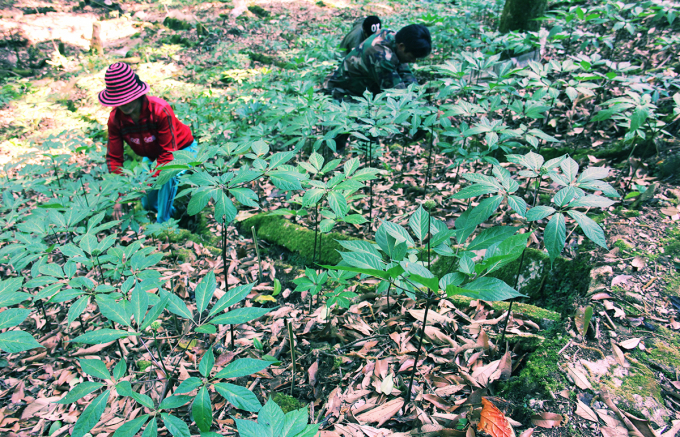
Cheap pharmaceutical materials imported from China make domestic production of medicinal herbs uncompetitive and increasingly downsized. Photo: DT.
This explains domestic medicinal species could not compete against the mass volume of cheap Chinese medicinal herbs that have been exported to Vietnam and therefore their cultivation in the country has been significantly downsized.
The fault could not be blamed on Chinese medicinal herbs but on domestic businesses that have always prioritised profit and cheap price, along with responsibility in the state agencies’ management of controlling the quality of imported medicinal herbs.
Vietnam has over 5,100 diverse species of medicinal plants, which, however, also have some disadvantages. One disadvantage is that they have not been planted and produced in either concentration or large scale, which prevent thorough production.
The second disadvantage is uneven quality of medicinal herbs that diversified in different regions.
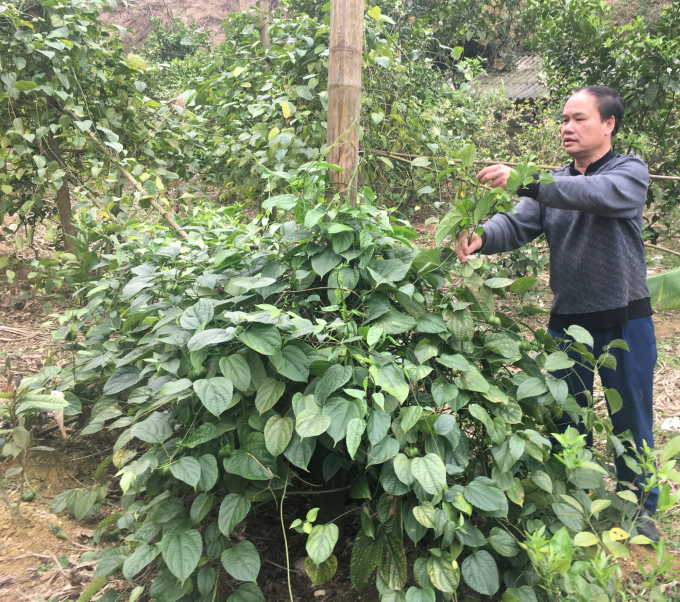
Vietnam has diverse medicinal plants, but the production is still on a small scale. Photo: DV.
Frankly speaking, the development of Vietnam’s medicinal plants is still limited and lacks a long-term view. Meanwhile, there has not been a close connection and cooperation between growers, processors and consumers.
To develop domestic medicinal plants, there should be a link among all processes from planting, processing, to consuming. In fact, only the planting stage has been prioritised over other stages.
Processing and consuming stages play the decisive roles in the production of raw materials of medicinal herbs. The lesson of my own business when it failed to grow medicinal plants was due to the weakness in processing and consuming.
Producing medicinal herbs is very difficult and the most difficult stage is growing raw materials that demands the highest investment, suffers highest risks but might bring the lowest profit.
Meanwhile, the values and profit of medicinal herbs are highest rely on the procession and consuming stages, which tend to be neglected.
The third bottleneck lies on the state's policy for medicinal herbs. It does not mean that the state has not paid attention to and devoted policies to this issue in recent years, but such policies have not really been put into practice and proved their effectiveness. Particularly, there has been a shortage of investment in science and technology in the field of herbal extracts.
For example, in the world, the technology of extracting medicinal herbs by ultrasound is no longer new, however, barely Vietnam’s enterprises have invested in the production applied such technology on a large scale.
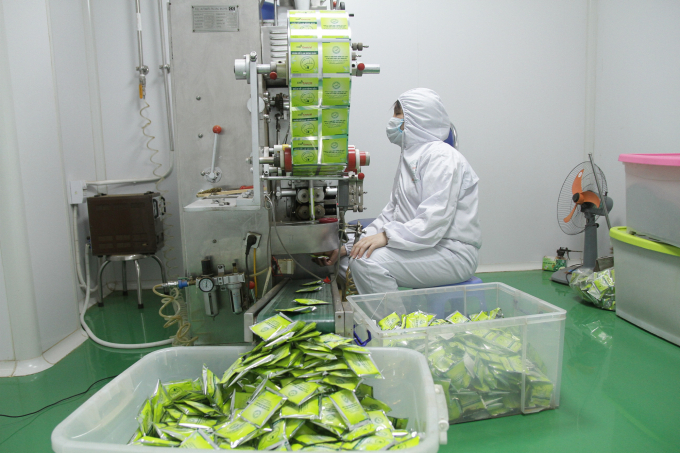
The investment in thorough processing in the pharmaceutical industry has not been focused, hindering the development of medicinal plants. Photo: Lenh Thang.
Another problem is the state management of medicinal plants. Medicinal plants, in fact, are also a kind of plant that needs to be managed by the agricultural industry.
In China, medicinal plants are considered agricultural crops until they are processed in factories, meaning that a plant is considered as agricultural kind if it is processed in a food factory while it is classified as medicinal kind if it is processed in a pharmaceutical factory
Take turmeric for example. When it is processed in a food factory, it is considered an agricultural product, but when it is processed in a pharmaceutical factory, it becomes a medicinal plant.
Thus in China, medicinal plants are crops that are entirely managed by the agricultural sector. Meanwhile, in Vietnam, medicinal plants have been largely assigned to the health sector for management for a long time, so the research and development have still encountered much confusion and difficulties.
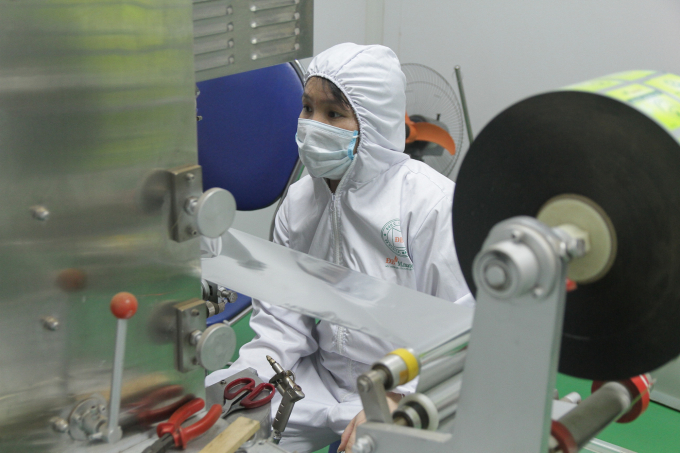
Processing and consuming are considered the weak stages of Vietnam's pharmaceutical industry. Photo: Lenh Thang.
Translated by Luong Huong
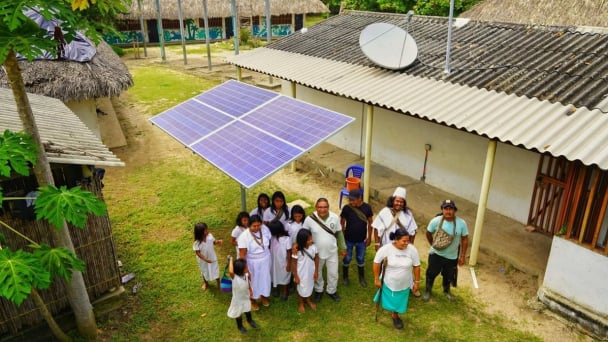
(VAN) On April 16, during the opening ceremony of the P4G Summit, P4G Chief Executive Robyn McGuckin announced that P4G will provide climate finance of 4,7 million USD to 17 innovative startups.
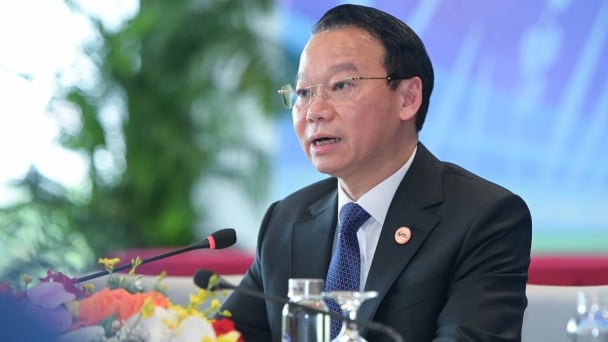
(VAN) Concluding the ministerial discussion session at the P4G Summit, Minister Do Duc Duy affirmed that transforming the food system is no longer a story of individual countries.
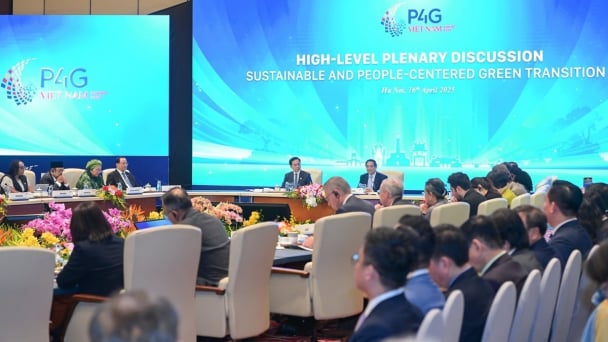
(VAN) On April 16, Prime Minister Pham Minh Chinh chaired the High-level Plenary Discussion themed 'Sustainable and people-centered green transition’ at the P4G Summit.

(VAN) The UN Deputy Secretary-General recognized Vietnam as a pioneer in reducing greenhouse gas emissions and achieving a just energy transition.

(VAN) Vietnam and the UAE are shifting from traditional economic ties to a strategic partnership focused on green transformation and food security.
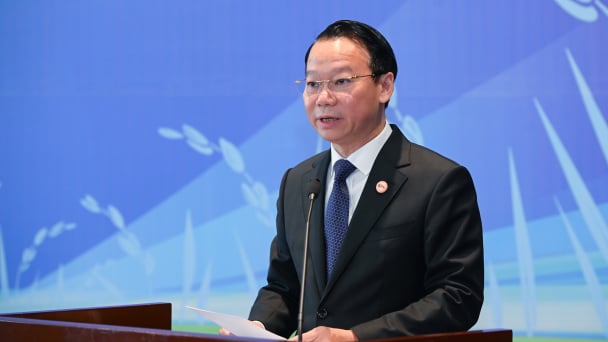
(VAN) At P4G Summit, Minister Do Duc Duy calls for partners to 'sow the seeds of technology' and cultivate cooperation to bear fruit for a green future.
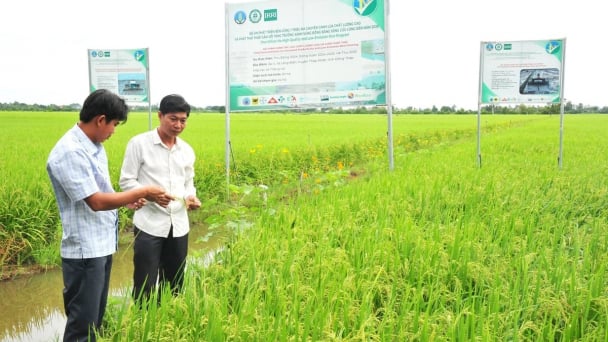
(VAN) Vietnam is choosing a strategic path, pursuing rapid yet sustainable development, fostering innovation while remaining in harmony with nature, and integrating globally while preserving its cultural identity.